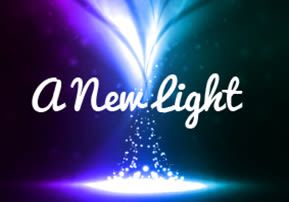
A New Light
In this world, we have separate blessings for the good and the seemingly bad, but in the world-to-come, there's only one blessing; that's the new light...

Every morning during the Shacharit prayers, we say the ohr chadash prayer: we ask Hashem to “enable a new light to shine upon Zion, and may we all be worthy soon to enjoy its brightness”. King Solomon teaches us in Ecclesiastes that there’s nothing new under the sun. If that’s so, then what’s the “new light” that we’re praying for?
To answer our question, let’s open the Gemara to Tractate Pesachim, 50a: the Gemara cites a passage in Zechariah 14:9, which we say three times a day in the Aleinu prayer, “And Hashem shall be King over all the earth; in that day Hashem shall be One, and His name one.”
The Gemara asks a question right there on the spot: “What’s going on here? Do you mean to tell me that today Hashem isn’t already One?” Rebbe Acha bar Chanina answers and explains that there’s a difference between this world and the next world; in this world, we have separate blessings for good tidings, when we say baruch Hatov veHametiv – “blessed is He who is good and does good”, and for apparently bad tidings, when we say baruch Dayan Emet, blessed is the Justice of truth. In the next world, there’s only one blessing, 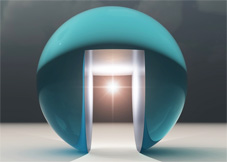 for no matter what happens, everyone says baruch Hatov veHametiv always.
for no matter what happens, everyone says baruch Hatov veHametiv always.
Rebbe Acha bar Chanina is teaching us an amazing principle, namely, that the next world – Gan Eden, or eternal paradise as they say in English – is knowing that everything Hashem does is good and for the very best. Rebbe Nachman tells us in Likutei Moharan I:4 that when a person knows that Hashem is doing everything in his life for the very best, it’s as if that person is already living in paradise in the world to come. That’s eternal bliss.
Stop and think for a moment. You hear people talking – even well-known rabbis – about how wonderful life will be after Mashiach comes. My beloved teacher Rav Shalom Arush really gets upset when he hears that. “Why make people wait? Why give them a promise in the future when they’re suffering right now?” So what does Rav Shalom do, and what does he have all of his pupils do? He spreads emuna! He shows people how everything comes from Hashem and everything is for the very best. That’s the light of emuna, the new light that we want to shine on Zion and all over the world right now. That’s the illumination of knowing that everything comes from Hashem, that everything is truly for the very best and that everything is for a good reason. We don’t do things that don’t have a specific purpose so you can rest assured that Hashem doesn’t either. Everything He does is for the very best, but unfortunately, billions of gloomy people around the world don’t yet know that. That’s why it’s so important to spread the light of emuna and to smile at people.
When you smile at a person, you make the sun shine. But when you encourage a person with words of emuna, you give them the tools to smile too. “Hey, my brother, look at the good side; in fact, both sides are good sides. Don’t worry, whatever happens will all be for the very best.
Throughout the years of exile and diaspora, the light of emuna diminished. The Mishna in tractate Sota 9:12 tells us that once the Holy Temple was destroyed, the men of emuna disappeared. The Gemara in Tractate Shabbat 119b adds that once the men of emuna disappeared, all of Jerusalem was destroyed.
Hashem has shown us in this generation, phenomenal love. By way of our beloved teacher Rav Shalom, Hashem has given us the new light that our sages were talking about when they codified the Ohr Chadash prayer. And these are not just my words: Rebbe Natan of Breslev writes in Likutei Halachot (Birkot HaShachar, 5) that the “new light” will be when everyone gets to know Hashem, in other words, that everything Hashem does is for the very best and for our ultimate benefit. We can do that right now! We don’t have to wait for Mashiach. If we pick up a copy of “The Garden of Emuna” and “The Garden of Gratitude”, we’ll learn right now that everything comes from Hashem, that everything is for the very best and all for our ultimate benefit. We’ll learn that intrinsically, there is no bad in the world, so we’ll be able to sing and dance, and thank Hashem for everything – the good and the seemingly bad included, because it’s only seemingly bad. Ultimately, everything is good.
This is an explicit promise of creation; the Torah says:
And G-d saw everything that He had made and behold, it was very good. (Genesis, 1:31)
Our sages in the Midrash explain that “it was very good” refers to the Evil Inclination. How can that be? We learn that the things in life that seem bad really contribute both to our personal growth and to our soul correction. From the vantage point of posterity and taking into account the world to come, all of our troubles, setbacks and difficulties in life are surely very good.
King David says in Psalm 145, “Hashem is good to all.” Our sages in the Gemara teach that Torah is the absolute good (Berachot, 5a). When a person clings to Hashem and walks in the path of Torah, his life is truly good, no matter what. Such a feeling is the bright light of inner peace.


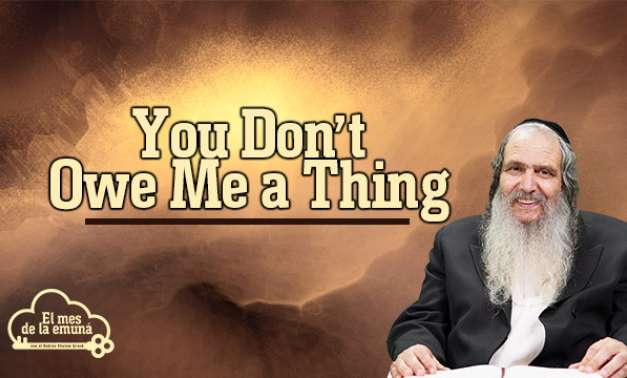
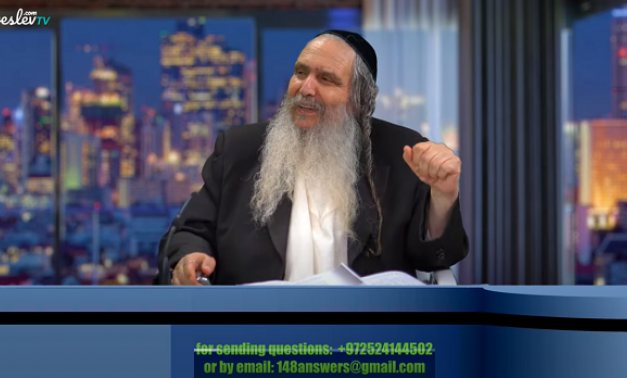
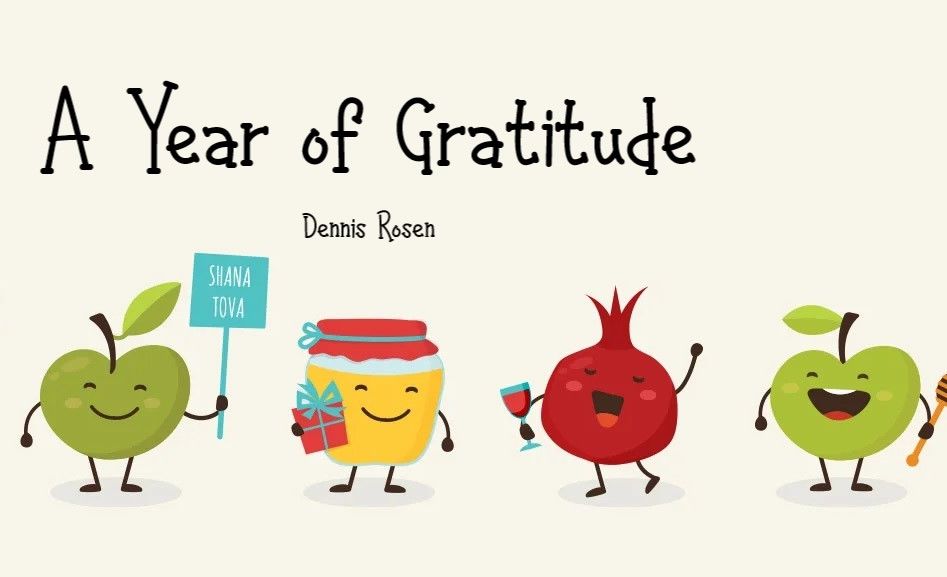
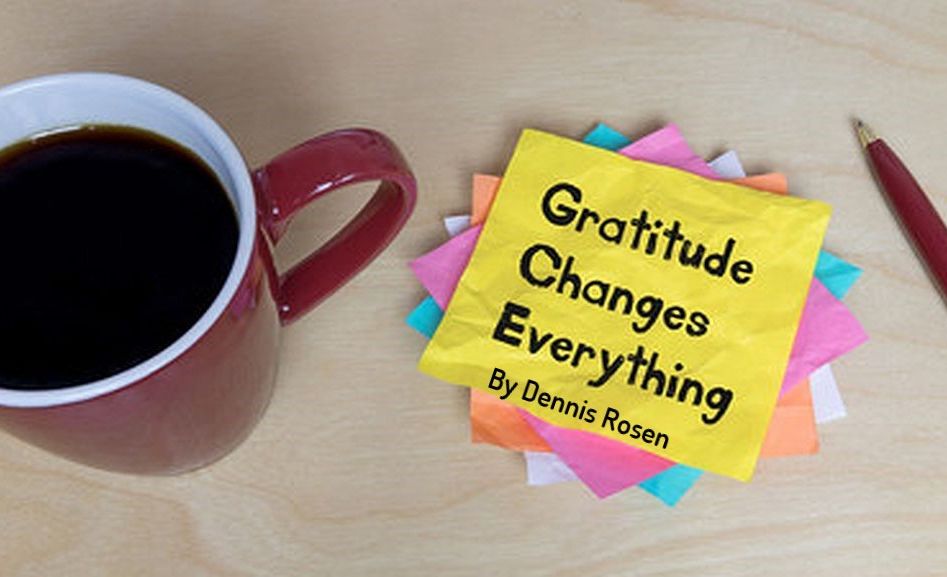


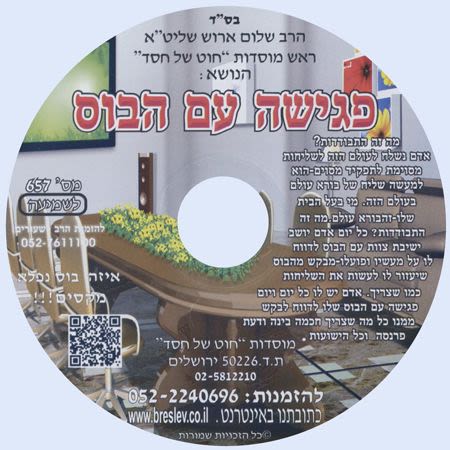
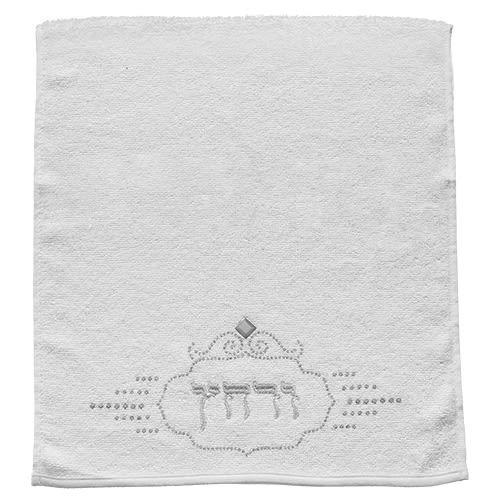
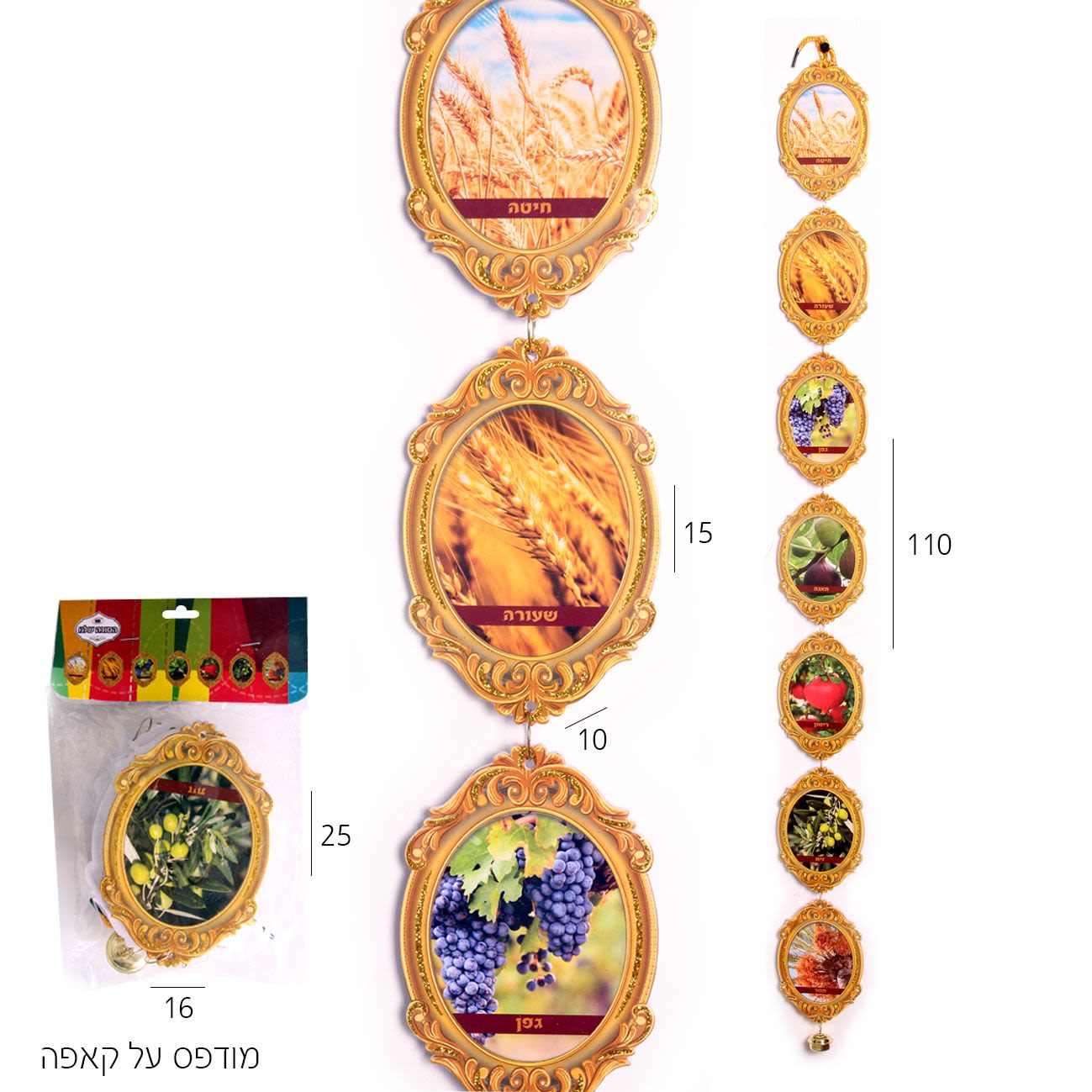
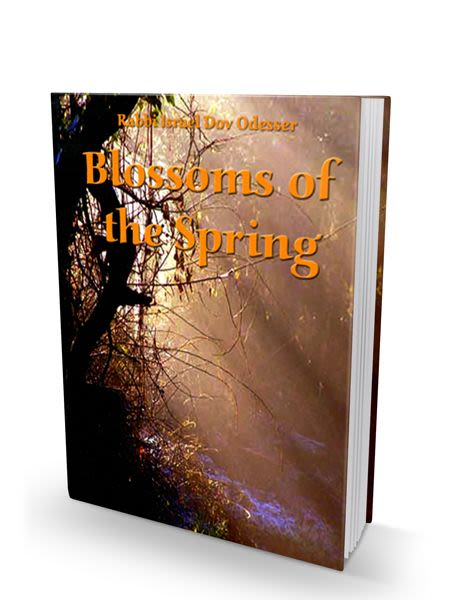
1/20/2014
Light of Optimism Rabby Brody's articles are always so encouraging and a breath of optimistic fresh air – thanks so much!
1/20/2014
Rabby Brody's articles are always so encouraging and a breath of optimistic fresh air – thanks so much!